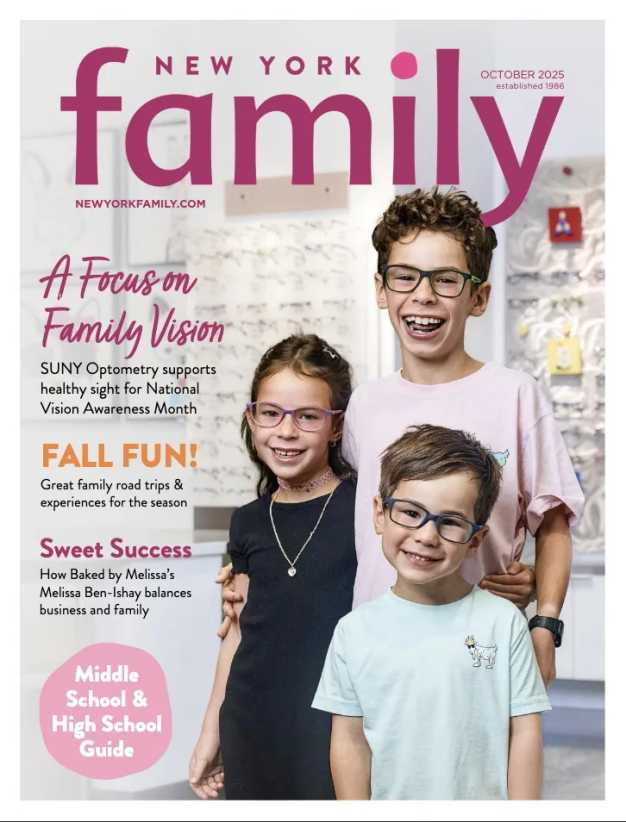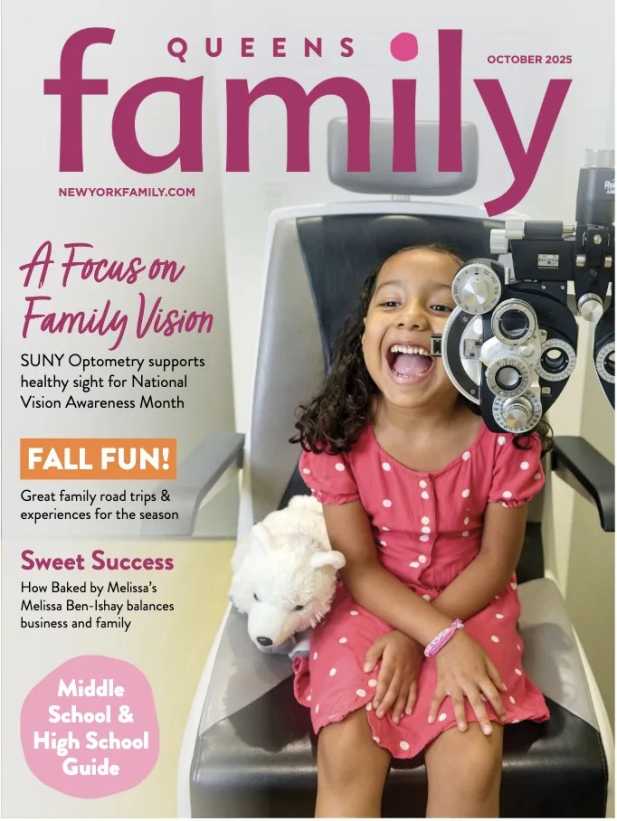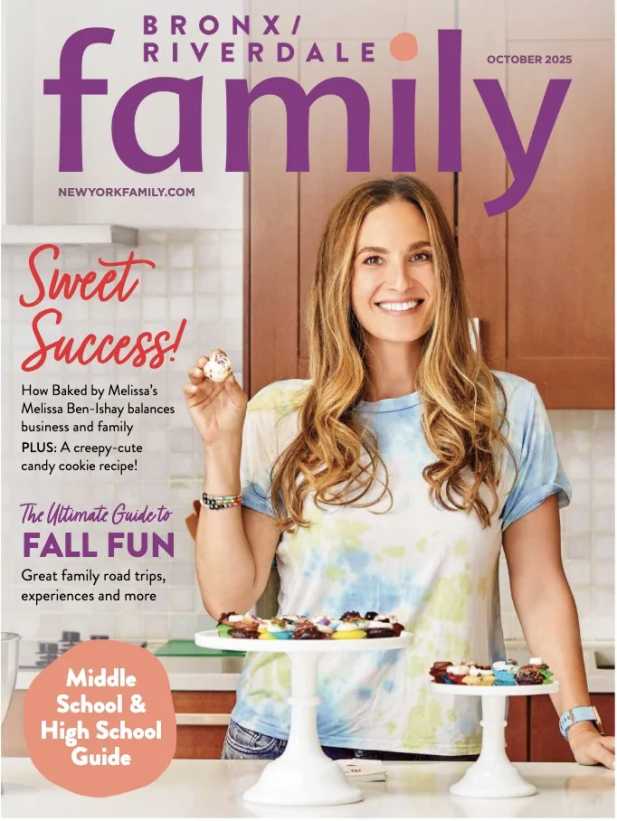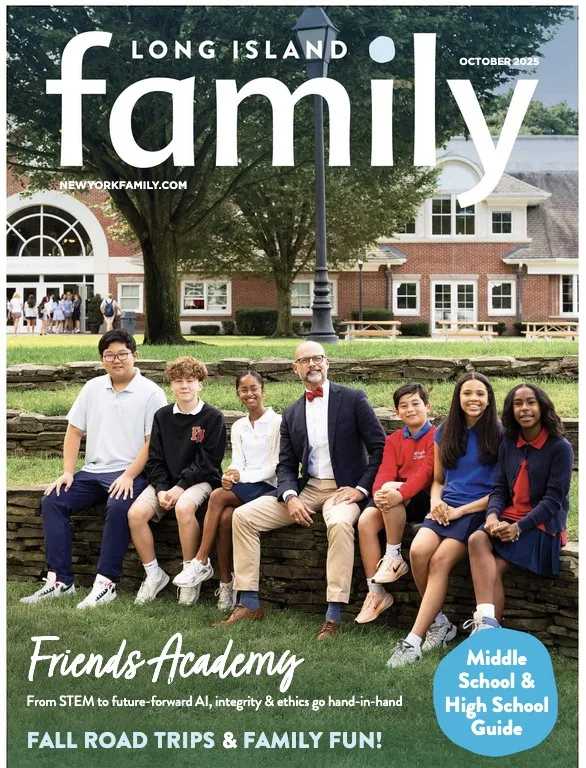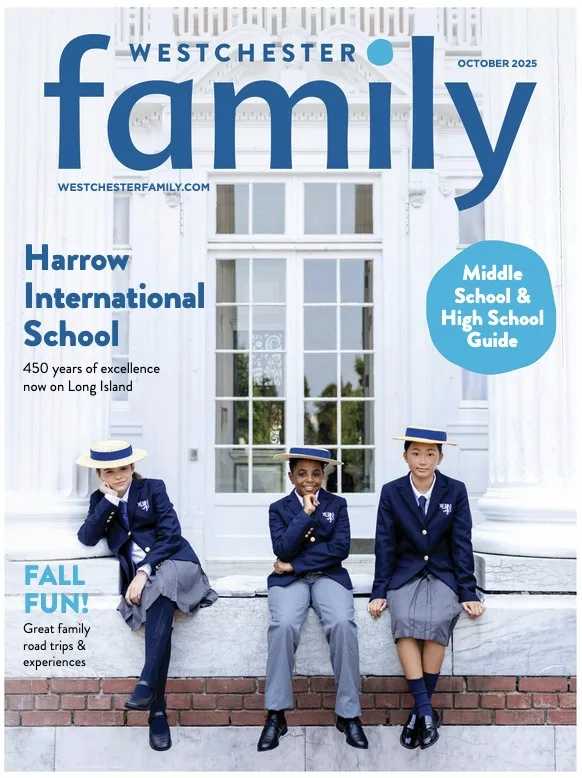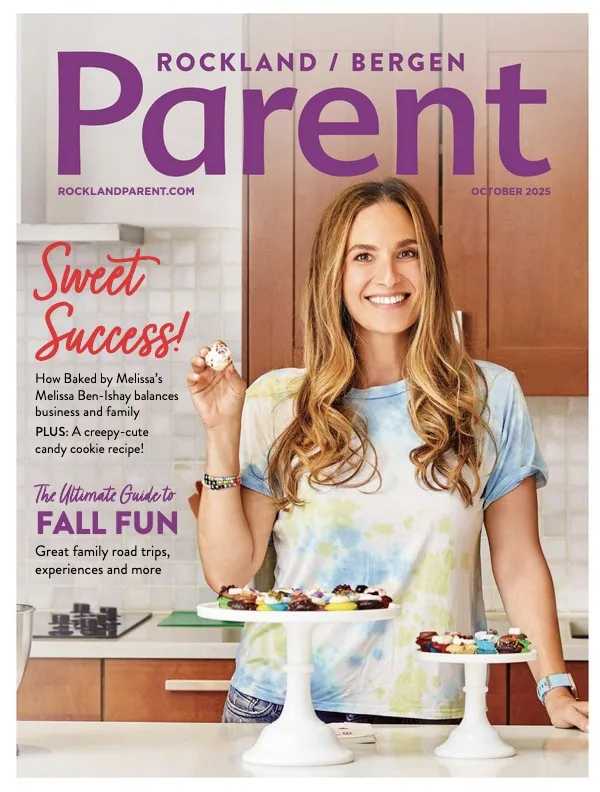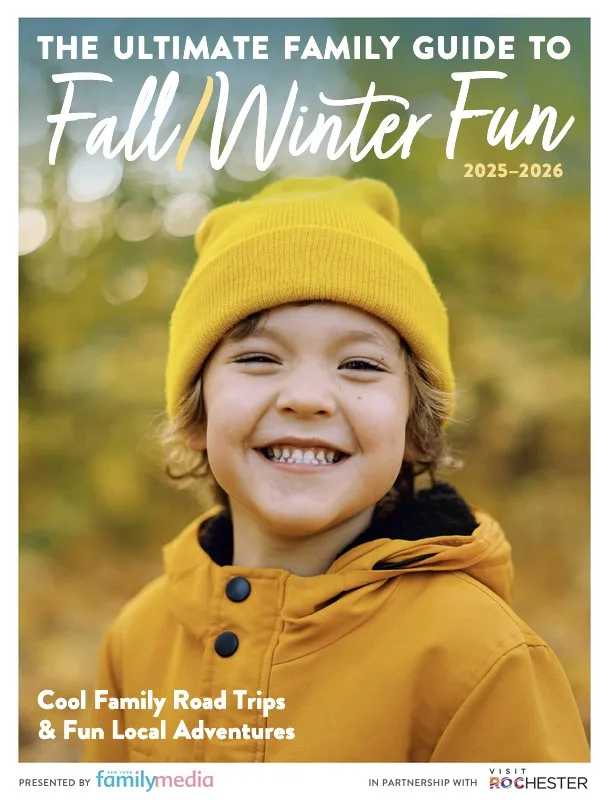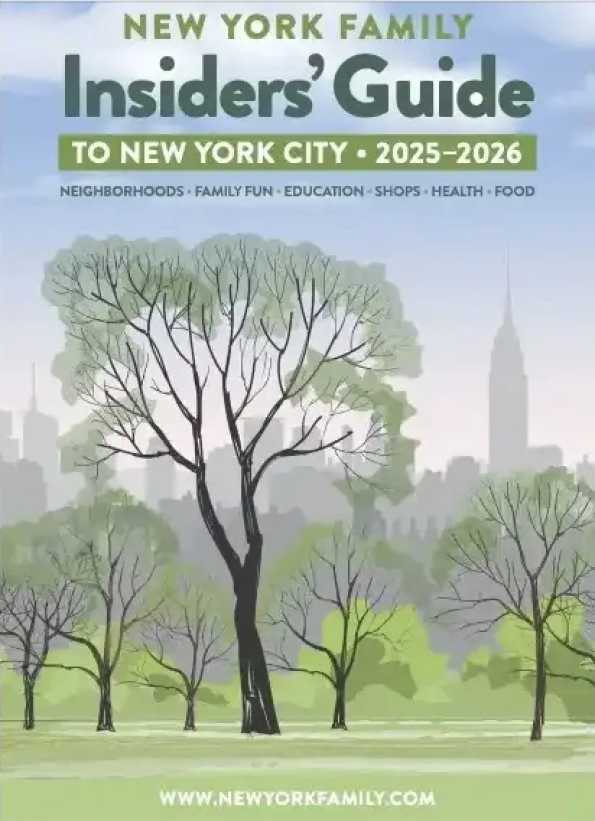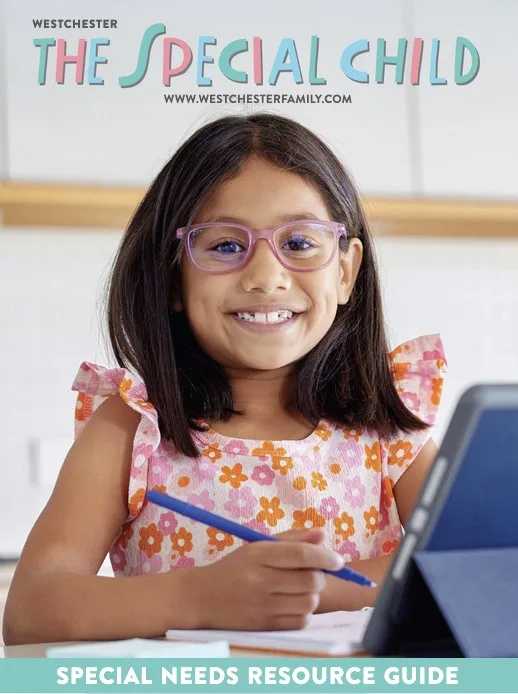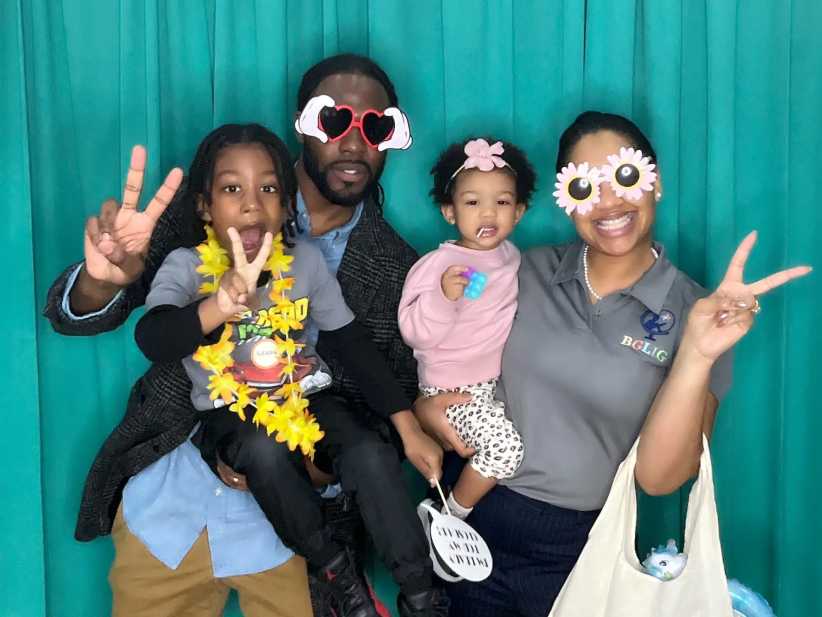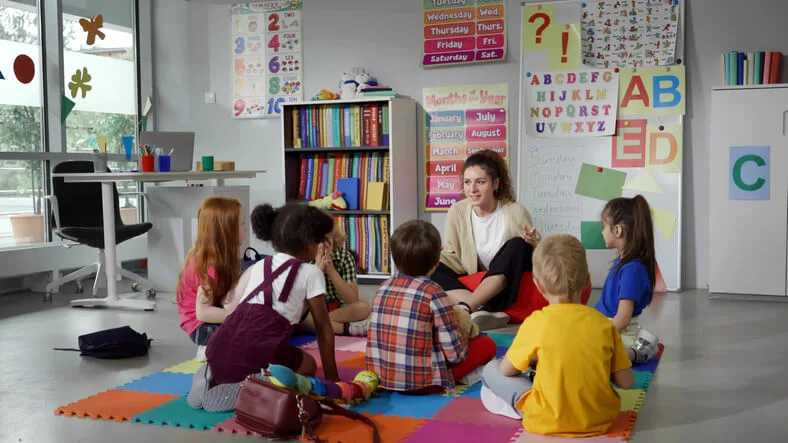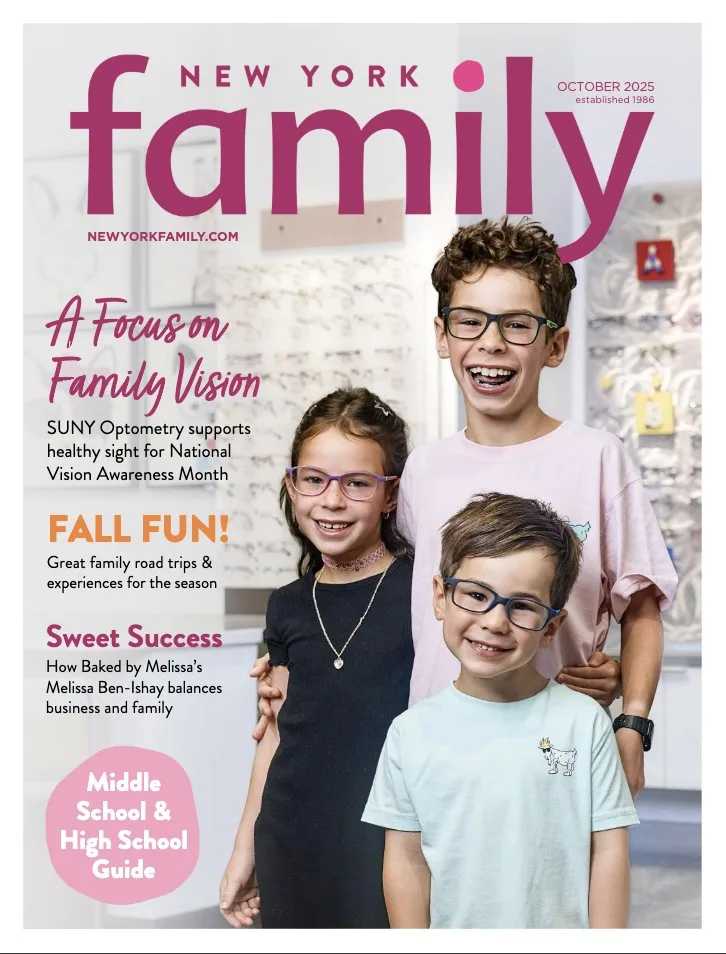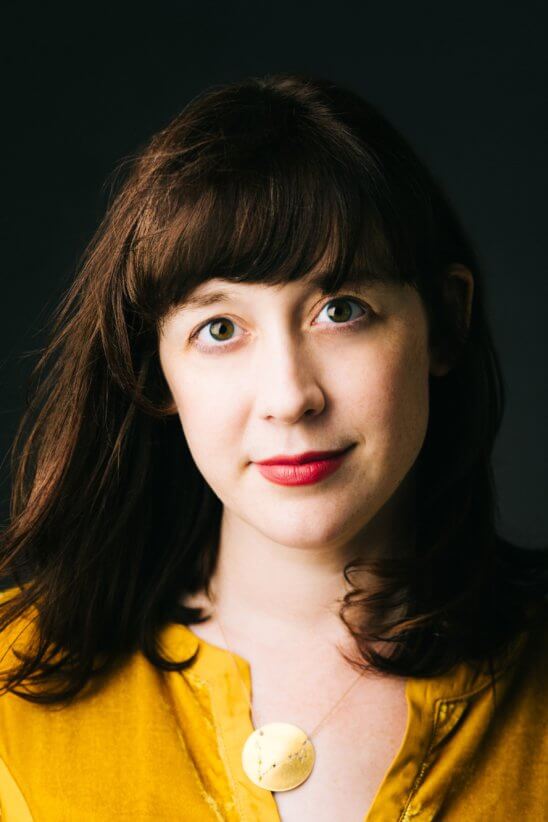
Elizabeth Ames Talks With Us About Her Novel, The Other’s Gold
New York Family’s Parent’s Book Club’s February Pick is The Other’s Gold, by Elizabeth Ames. The Other’s Gold tells the story of four friends who share the same suite during their freshman year of college. The narrative moves from their college days to their lives as new parents. Each part of the novel is devoted to a terrible mistake that each of the women make: the Accident, the Accusation, the Kiss, and the Bite. Ames’ novel evokes the bittersweet experience of falling in love with friendship, of learning what loved ones are capable of, and capable of forgiving.
Elizabeth Ames is a graduate of the University of Michigan MFA program, where she won the Hopwood Award. Her short stories have appeared in Ninth Letter and Third Coast. She currently lives in a Harvard dormitory with her husband, two young children, and a few hundred undergraduates. This is her first novel.
Website: elizabethames.com
Instagram: @_elizabethames
Facebook: elizabethamesauthor
For other reads, check out our past month’s Parent’s Book Club Pick, Nicole Dennis-Benn Chats With Us About Her Novel, Patsy
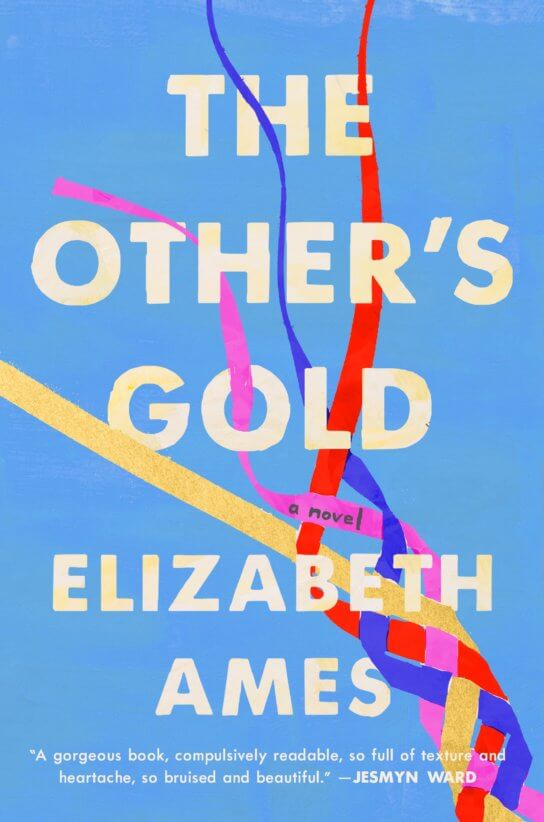
As this is your debut novel, can you take us through your journey in fiction? When did you first start writing and when did you decide that you wanted to write a novel?
I’m one of those writers who wanted to be a writer from the moment I learned it was a possibility! I had amazing undergraduate writing instructors at the University of Wisconsin-Madison, and they encouraged me in my decision to pursue an MFA. I was recently remembering that I applied in both fiction and poetry, though I only got offers of acceptance from fiction programs, so that made my decision a little easier. I was a fiction writer at heart, but I wanted to read lots of poetry and spend time around poets. When not courting poets, I mostly read and wrote short stories at the University of Michigan’s wonderful MFA program. I was so in love with the short story form that I could barely imagine writing a novel! But after graduating, I reintegrated novels into my reading life, and slowly figured out how to write one. Now I’m struggling to remember how to write a short story and leaving poetry to the poets.
The Other’s Gold is very centered around friendship, in particular, female friendship. What drew you to explore the complicated nature of friendship dynamics? In your opinion, is there something special about female friendship?
The friendships I’ve had, particularly with women, have been as important, formative, and fascinating to me as any other type of relationship — romantic, professional, familial—in my life. I was drawn to write about female friendship because I spend so much time thinking about it! There is perhaps a particular porousness to close friendships during the period of life the book examines — when decisions made by even your closest friends can feel like judgements on your own life choices. My own friends have shaped me in every way! Their opinions, hopes, and ideas — I’ve formed my own alongside or against theirs, and I think they would say the same of me. Long-term friendships between women are central to the book because they have been central to my life.
The novel is split into four sections — the Accident, the Accusation, the Kiss, and the Bite. How did you decide on the structure of the novel?
The structure emerged from what I learned about the characters. The writing began with the bite, and at one point the book did, too. But as I learned more about the characters, it felt crucial to get to know them before witnessing their worst acts, especially with something as shocking as the bite. If that they did such harm was the first thing you learned about someone, it might be difficult to see past that. But if someone you care about, believed in, or were at least interested in makes that mistake, well, your feelings are more complex. You wonder in different ways about how and why they might have done something like that, about what any of us are capable of.
Where did your inspiration for the novel come from and what do you hope readers take away?
The book was inspired by feelings I had as a new parent. I was overwhelmed by the intensity of my emotions and wanted to capture and dramatize some of those feelings in fiction. Then I moved into a college dorm with my husband and baby, and I became very interested in the transformative stretch of life from when most people leave home for the first time to when people start creating families of their own. So many life-defining decisions are made during this stretch of time! And looking at this period of life, a sort of secondary coming-of-age, through the lens of these characters’ worst acts was a way to visit them at pivotal moments in their lives and in the life of their friendship.
What I hope readers will take from the book is good company and consolation, the things I get from the books I love best. I hope readers continue to care about these characters, and that the questions raised by the book stay with them as well. It sometimes feels like a reflex to say this, but it is also my sincere hope that my work will increase empathy. I’ve learned to believe in the reality of other people’s lives in part through fiction, and I want to contribute to that belief in someone else’s brain.
I really liked your examination of forgiveness, because often I feel that forgiveness is seen as simple, as if eventually you forgive someone and that’s that. But in this novel, forgiveness is a constant choice. Your novel questions whether we can love but not forgive. How do you view forgiveness? Is forgiveness necessary to love someone?
Thank you. I remain so interested in questions about forgiveness, its utility and its pursuit, but the answers elude me. I do think that forgiveness is ongoing, and tedious, and necessary to seek and to offer. But I wonder if what we sometimes do for each other, and what the characters in the book do, is really forgiveness, or if it’s compartmentalizing, ignoring, repressing, or avoiding. The book is concerned with this notion of really seeing our loved ones, flaws and all, and sometimes we’re not ready to do that, to include the harm that a loved one has done in the story we tell about them.
I often reference this Andrea Long Chu quote: “What hurts isn’t when the people we love do unlovable things. What hurts is when, afterward, we still love them.” Even people who have done unforgivable things (and what we consider unforgivable is another question) are loved deeply by others. There’s a way in which that person who committed the unforgivable act, to the people who love them best, remains both the person who did that harm and the person who would never. I don’t know if it’s forgiveness that allows the love to endure, or the continued belief in the version of the person who would not do that terrible thing, even after they have done it.
Your novel follows the lives of these young women at college into adulthood as they start their own families and become mothers. As a mother, and in writing about motherhood, what advice do you have for mothers about maintaining the balance between career, parenthood, and friendships?
I’m now the mother of a preschooler and a baby. Adding a child to our family has reminded me of advice I’ve been given and continue to try and take, and that is to go easy on oneself during the early days when you are still figuring things out (I realize I will be forever figuring things out). Small children demand so much in the way of our time and energy; I’ve found it helpful to accept that other things may temporarily suffer or take on a new shape, be it your friendships, or marriage, or career. Or parenting itself might not look like you imagined it would, especially mothering, about which so many of us have grown up marinated in impossible messages. Claire Messud has said she never learned to cook so she wouldn’t be expected to; Lauren Groff wrote about not attending birthday parties or playdates. It’s not always a tradeoff; sometimes something just falls off the list. I am very lucky to be able to put writing nearer to the top of my own list, to have the support from a partner, and the means to pay for childcare. I don’t take it for granted, and having children has made me more productive with the — all too little at the moment — time I do have to write. I close my tabs much sooner, get off the internet, and get down to work.
In each of the four sections, the lines between right and wrong are blurred for the characters. Do you see The Other’s Gold as challenging a black and white perspective of morality or even a binary perspective of life?
That’s a thoughtful way of putting it, yes; I do see the book as challenging strict binaries and promoting nuance and complexity. People are unendingly complicated! Their dreams and desires, their motivations and misdeeds, these things are all so tangled up, and I’m interested in how we judge others depending on our relationship to them, and I find myself endlessly fascinated by the ways we conceive of being and doing good.
I tend to mistrust certainty in general, though it’s so foreign to my own way of thinking that part of me admires it, too. I’m always questioning, questioning, questioning, and I think that restless wonder and continual confusion can be useful for a writer, while sometimes challenging in day-to-day life.
How did you decide on the title, The Other’s Gold?
The title comes from the Girl Scouts of America song that also serves as one of the book’s epigraphs: “Make new friends, but keep the old/One is silver and the other’s gold/A circle’s round, it has no end/That’s how long I want to be your friend” If you haven’t heard it, I recommend looking up versions of it performed as a round on YouTube. I’ve invited people to sing the round with me at a few events, and it has been so moving! There is something about a round that can transform what might seem at first like a cheerful little ditty into something evocative and mournful. I love that about this song, that it feels simple and familiar but is also powerful and strange.
The lyrics are an obvious fit for questions about enduring friendships, but the snippet chosen as the title points to the book’s preoccupation with riches, and not just material wealth, or “gold,” but other kinds of wealth: beauty, talent, a stable home life, loving parents, a reliable and loving partner, healthy children, an interesting career. Long-term friendships — even when supportive and loving — are rife with shifting power dynamics, with jostling and comparisons, envy and longing. Sometimes “gold” is the glow of your friend’s attention, acceptance, and love.
